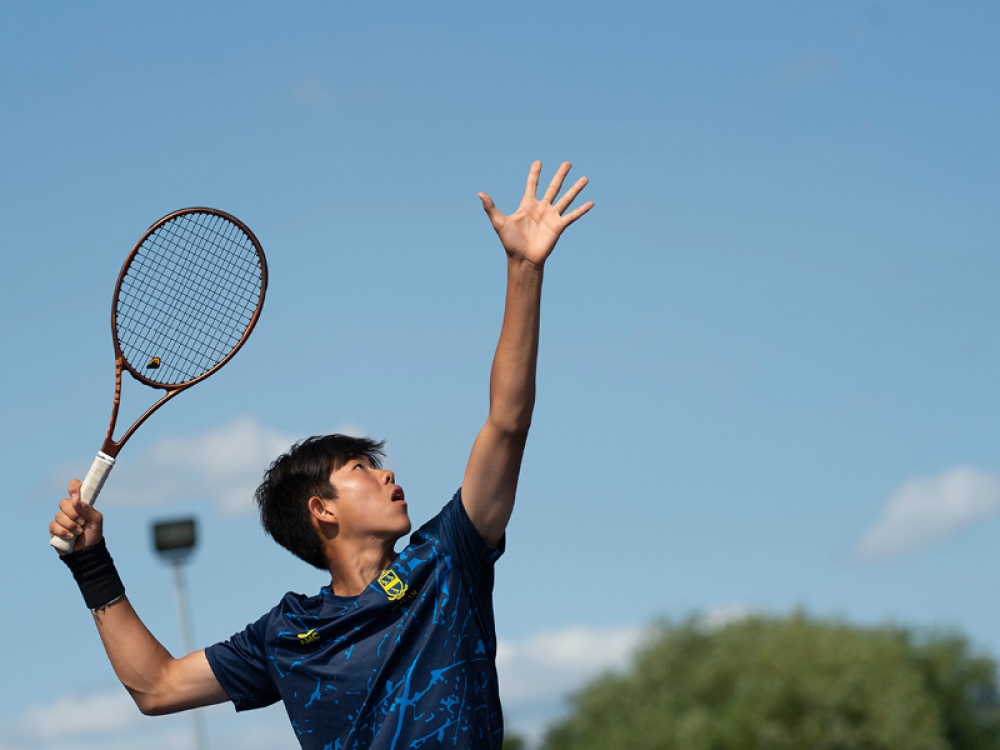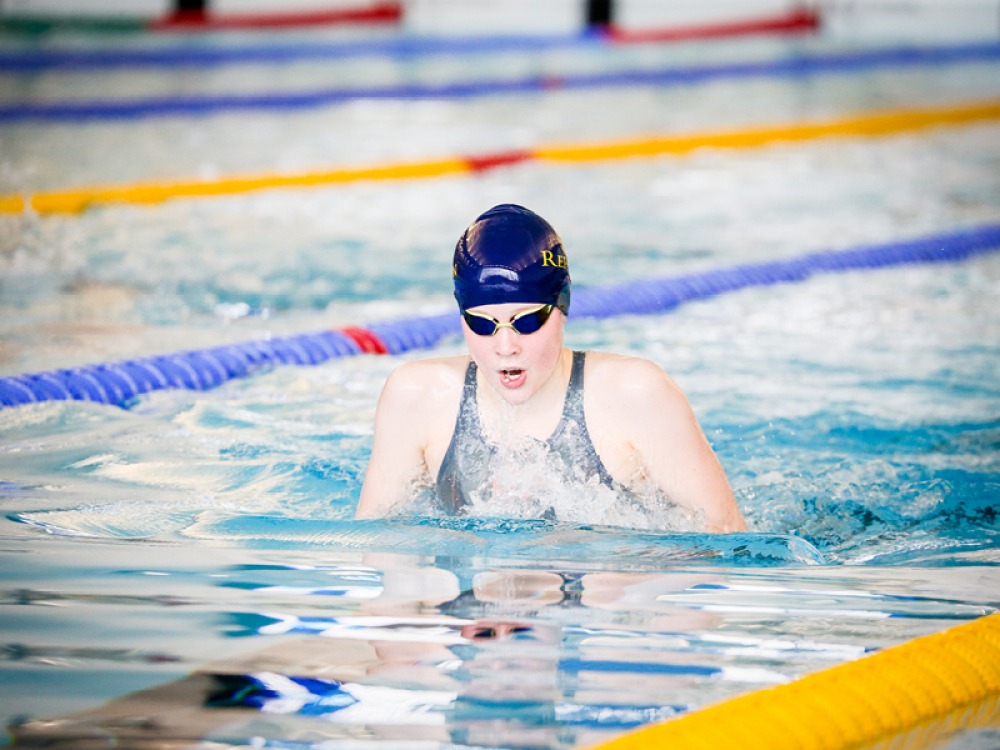The Benefits of Sport in Academic Performance

Repton School, Derbyshire, does not just believe that top-flight sporting commitments and excellent academics can be balanced; the school knows they can
For years, Repton has been among the very best sporting schools in the UK and indeed globally, with world-class coaches, facilities and programmes driving enviable records in local and national sport. Repton’s alumni include more than 150 first-class cricketers, footballers who played in the UK Premiere League and hockey players who have represented GB and other nations in the last four Olympic games. Yet the school also produces Captains of Oxbridge Football and Hockey and MVPs at Ivy League US Universities including Harvard, Yale and Princeton.
A University of Cambridge study on this subject has offered Repton further inspiration and confidence in their programme. Their 2019 study, the Academic Performance Report, looked at 4,000 results of undergraduates who had represented the university in sport from 2005–2016. The number of First Class degrees achieved by undergraduate sportspeople was almost 5 percent greater than the percentage achieved by Cambridge undergraduates as a whole. When Upper Second-Class degree outcomes were analysed in the same way, that percentage more than doubled: 11 percent more undergraduate sportspeople gained 2:1s than undergraduates as a whole.
Read More: How This North East Mum is Fighting for Colour Blind Awareness in Schools

Repton see this in their scholar-athletes. Academic outcomes for this group at A Level outstripped the average A Level outcomes by similar margins to the Cambridge study, giving the lie to the idea that the commitment one has to make to elite sport will inevitably depress academic achievement. Take graduating Head of School, Harry Stone, a GB U21 hockey player who has played nationally representative hockey ever since arriving at Repton as a junior. He received straight A*s at A Level. Daniel Kennedy, Swim Captain also with international honours, made a clean sweep of top grades. Martha Broderick, Ella Bowman and Ottilie Sykes – all elite hockey players at top national and international level – all won entry to the most competitive Ivy League universities in the US; Cornell, Dartmouth and Princeton respectively.
Ellie Mitchell, a Swimming Scholar and Economics undergraduate at Brown University, strongly endorses the idea that sport and academic study can complement each other with the right environmental conditions. ‘Repton enabled me to successfully find a balance between a rigorous training schedule for competitive swimming and studying for A Levels and ACT. Repton went above and beyond to support me through my US application to help me achieve my dream.’
And this balanced preparation fits young scholar-athletes for highly successful careers, perhaps even better than academic rigour alone. A survey of employers showed 94 percent of them recognising that undergraduate sport bred career-enhancing qualities in applicants. Repton would point to Georgie Twigg, MBE, Olympic Gold Medal winner and successful legal associate who also balances her career with work for the British Olympic Association's Athletes' Commission and the European Hockey's Athletes' Commission.

Likewise, Alexander Urwin, Oxford Blues Football Captain and first-class PPE graduate, went through the Civil Service fast-stream and into 10 Downing Street as a researcher before becoming Senior Private Secretary to the COP26 President.
England Hockey has a training philosophy they refer to as ‘RARE – Right Athlete, Right Environment’. In many ways that is what Repton believes in when it comes to the mutually beneficial impact of sport and academics. One hundred percent of Repton pupils do three sessions of sport, week in, week out and 80 percent of Repton pupils regularly compete for the school. The full-boarding ethos at the school and the fact that Repton accommodates its teaching staff to be constantly on hand also extends the time available to pupils; not only to work and to train, but – and this is vitally important – to be regular teenagers with time to themselves, as opposed to time spent in cars shuttling from one sports session to another.
It is not merely a feeling or a suspicion that the scholar-athletes of Repton School might be doing better academically because of their sport, and vice-versa. They see the proof of that every day, and they are proud to support that ethos.







